Game Changers is a Yahoo Entertainment video interview series highlighting the diverse creators disrupting Hollywood — and the pioneers who paved the way.
Vanessa Williams smiles when she recounts being crowned the first Black Miss America in 1984.
“I had the responsibility of something that I never thought would ever happen in my lifetime,” she tells Yahoo Entertainment. “I didn’t think it would happen, and the fact that it did happen, made my path mean something and that’s tremendously heartfelt to me because I made a change in my own little way.”
That title would eventually end with the release of unauthorized nude photos that a photographer had snapped of her years earlier. After the photos were released, Williams was pressured to resign with six weeks left in her reign. She was just 21 years old.
“I had no idea that this had been going on beyond my back since the very beginning to make money. I felt extremely betrayed, and of course, stunned and humiliated,” Williams recalls.
In 2016, the Miss America Organization apologized to Williams for how she was treated in 1984. Looking back, the native New Yorker can see the tremendous obstacles she had to navigate in her early career because of the scandal. She says it took years to gain momentum as she battled the public’s perception of who they thought she was.
“It’s very easy to label when you’re a beauty queen. It’s very easy to label when you’re a scandalized beauty queen,” says Williams.
MISS AMERICA PAGEANT 1984 — Pictured: Miss America winner Vanessa Williams — (Photo by: NBC/NBCU Photo Bank)
Finding success would take some strategy, but even then she ran into naysayers. Williams remembers auditioning to replace Twiggy in the Broadway musical My One and Only. She was excited at the prospect of starring opposite Tommy Tune, and thought she “killed it” in the audition. Williams even remembers director Mike Nichols giving her a thumbs up as she left the theater. Still, she didn’t get the job, and when she saw Nichols years later, he told her it was because of a comment from Lee Gershwin, the widow of Ira Gershwin and head of his estate.
Story continues
“She said ‘Over my dead body will that whore be in my show,'” Williams recalls.
“Once he told me that, it all clicked. Wow, it had nothing to do with talent, it had all to do with perception and her view of what she saw of me at the moment,” she says.
In 1988, Williams released her debut album The Right Stuff, followed by her second album Comfort Zone in 1991. In 1994, Williams finally got a chance to showcase her talents on stage when she replaced Chita Rivera in the Broadway show Kiss of the Spider Woman.
“Kiss of the Spider Woman was, she can sing, dance and act and she is a triple threat and the real deal,” says Williams. “It was the opportunity for me to show really who I am.”
Hollywood started calling, and Williams landed the role of Dr. Lee Cullen in Eraser, a big-budget action film starring Arnold Schwarzenegger that allowed her to “play with the big fellas.” She followed it up with memorable roles in Soul Food and Hoodlum. On the small screen, Williams took on the icon character of Wilhelmina Slater in 2006, the beautiful and ruthless boss on Ugly Betty.
After a career spanning more than 38 years, Williams sees the importance of creating real sustainable change for artists of color. After the killing of George Floyd, she and other Black theater leaders started Black Theater United (BTU), whose mission is advocacy, diversity and changing the landscape of theater.
“Not only more programming to see more Black shows but down to ushers and unions and stage hands and staffing and creative teams, directors, producers, casting, board members. All those things are being introduced in terms of change and inclusion and we’re really happy to be able to make such a strong and powerful statement and change within the nine months that we’ve been together,” says Williams.
Part of BTU’s mission is to elevate causes and overturn policies that unfairly target black people. To raise awareness and money, the group just released Stand for Change, a song written by Phil Galdston who penned some of Williams’ biggest hits (Best for Last, Sweetest Days) along with Dave Schroeder. In the music video, Williams is joined by other BTU members and theater heavyweights like Audra McDonald, Billy Porter, LaChanze, Norm Lewis, and Wendell Pierce.
Black Theatre United (BTU) releases the new song and video, “Stand for Change,” in partnership with the Republic Records Action Committee (R2AC). Photo Courtesy: Black Theatre United.
“I certainly think that people are listening now,” says Williams. “It’s all about the change that has happened in the world, and what we plan on doing as our legacy.”
Much has been made about the lack of diversity in Hollywood, and Williams notes that she has seen a “sigificant change” over the years in terms of diversity. From observing people of color in different occupations on set, to the diverse material on streaming platforms, Black narratives are here increasingly more visible. Williams believes this is a step in the right direction, and urges Black creators to continue to bring others into the conversation. “What I’d like to see is more mentorship…that meaning behind the scenes as opposed to in front of the scenes,” she says.
“I would love to see people actively taking other young Black talent under their wings to teach them the ropes. All of those things can be helped with mentorship because that’s where it all happens. Teaching and educating,” says Williams.
Produced by Jen Kucsak, Edited by John Santo.
Read more from Yahoo Entertainment
You can view the original article HERE.

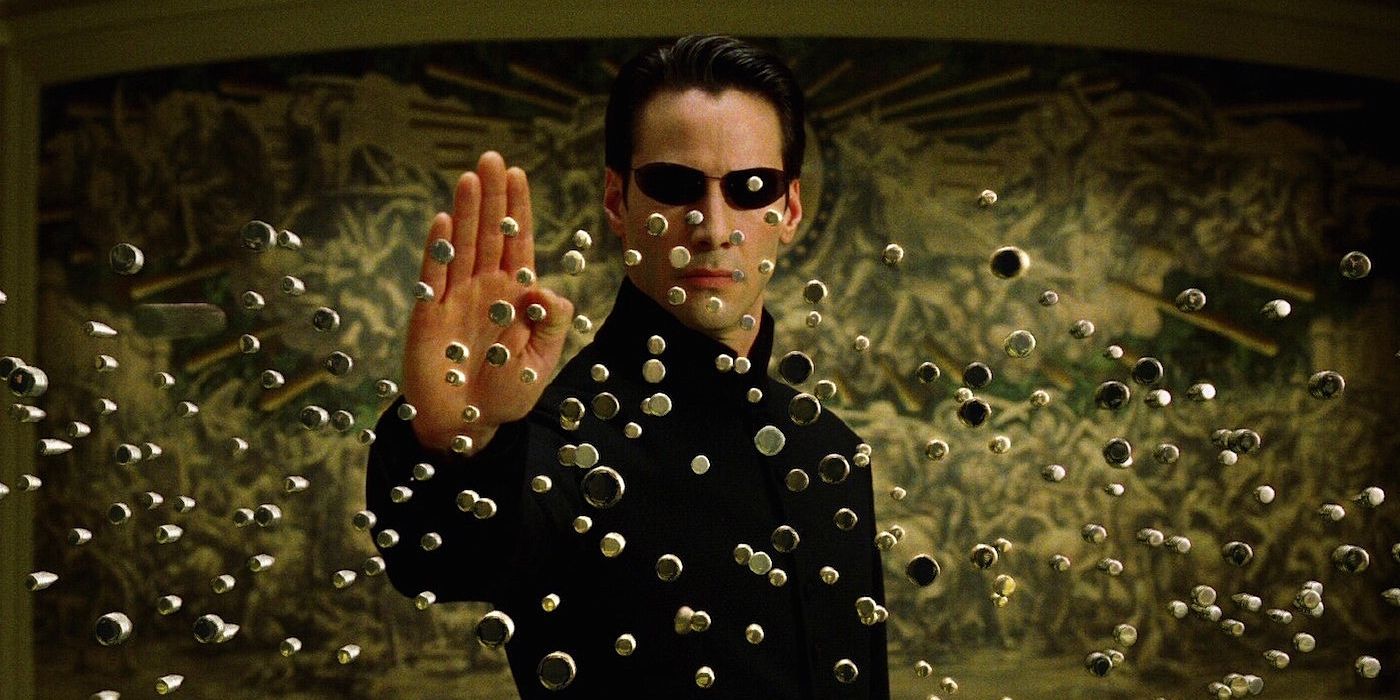
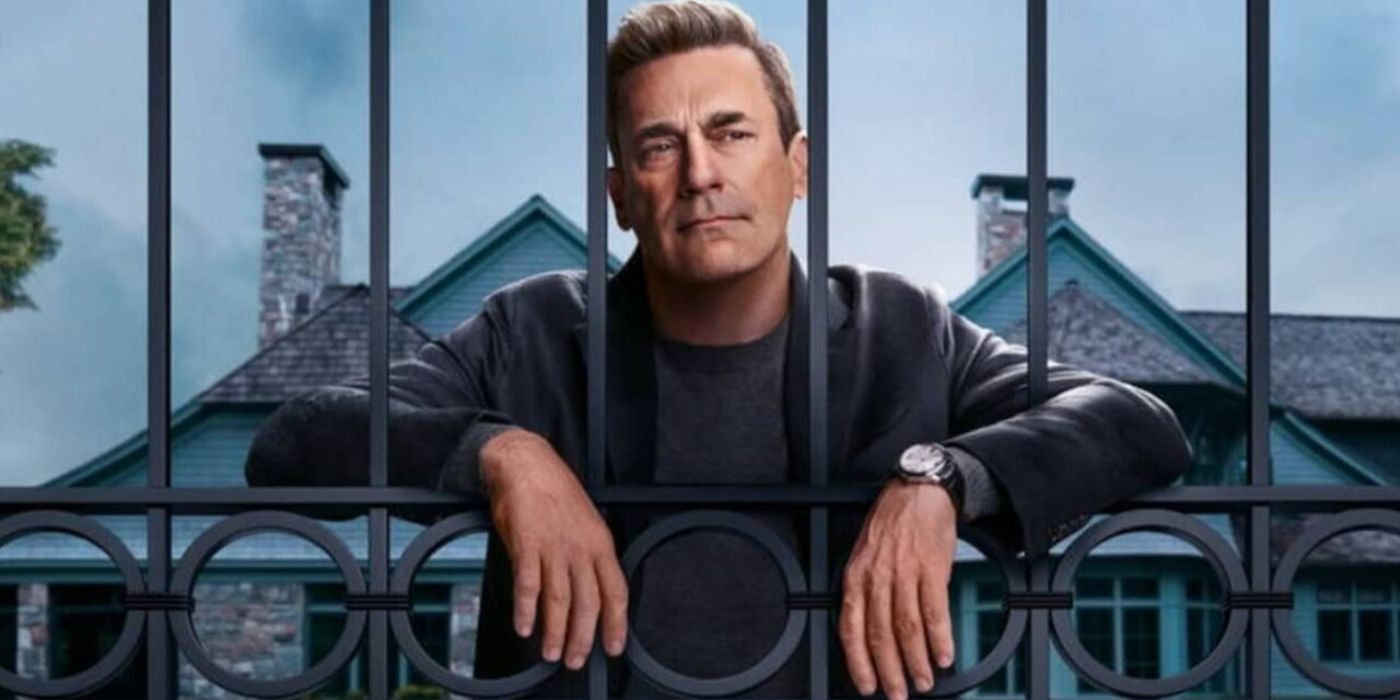

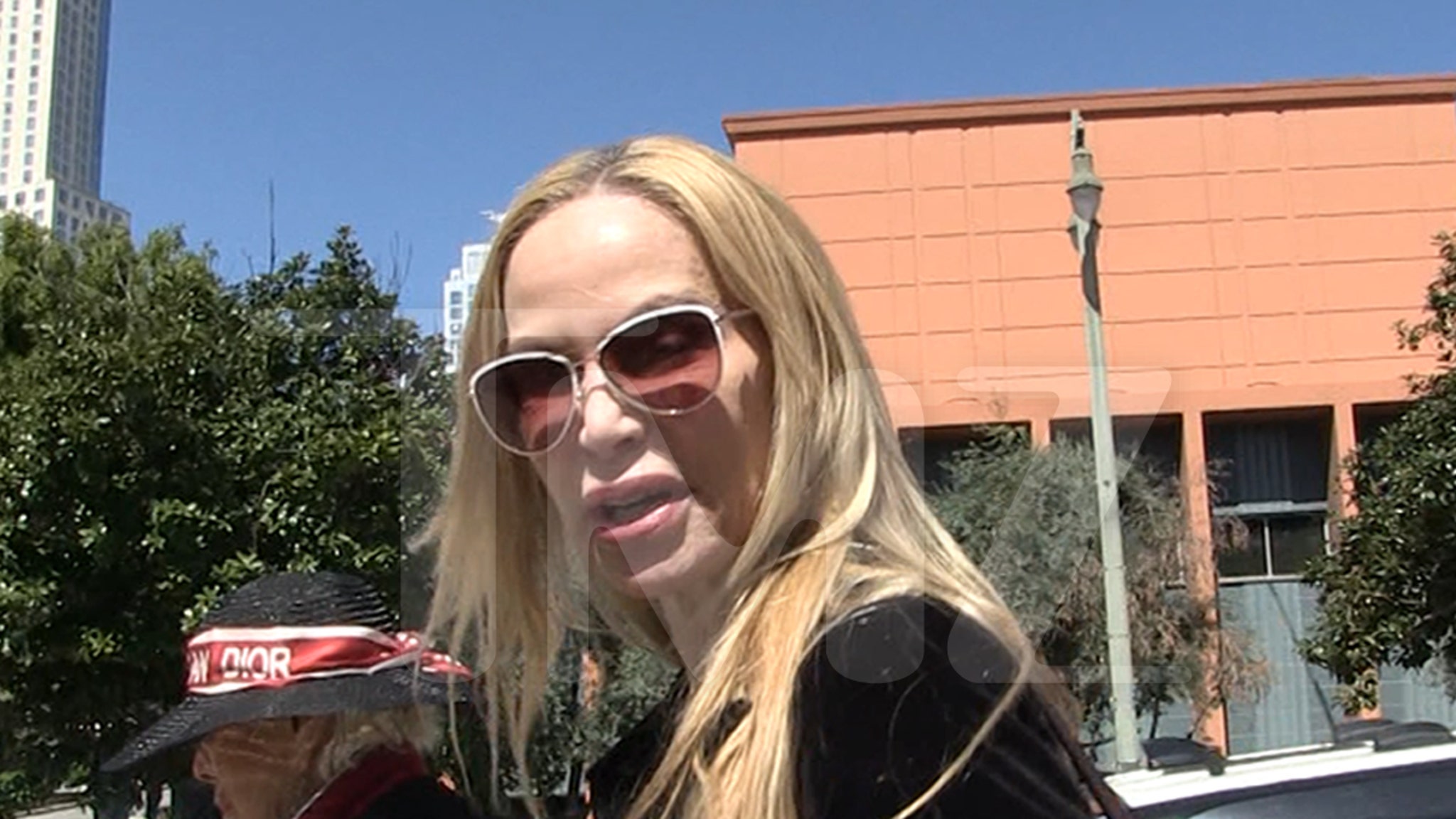




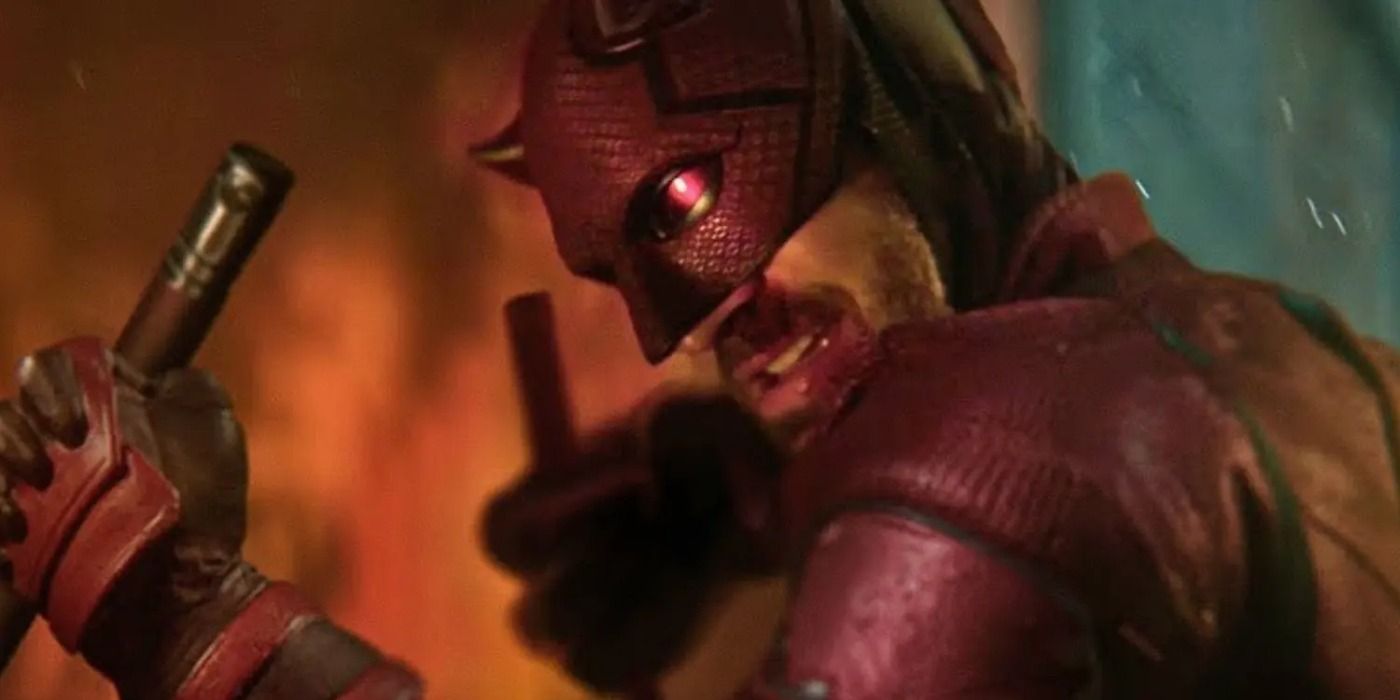




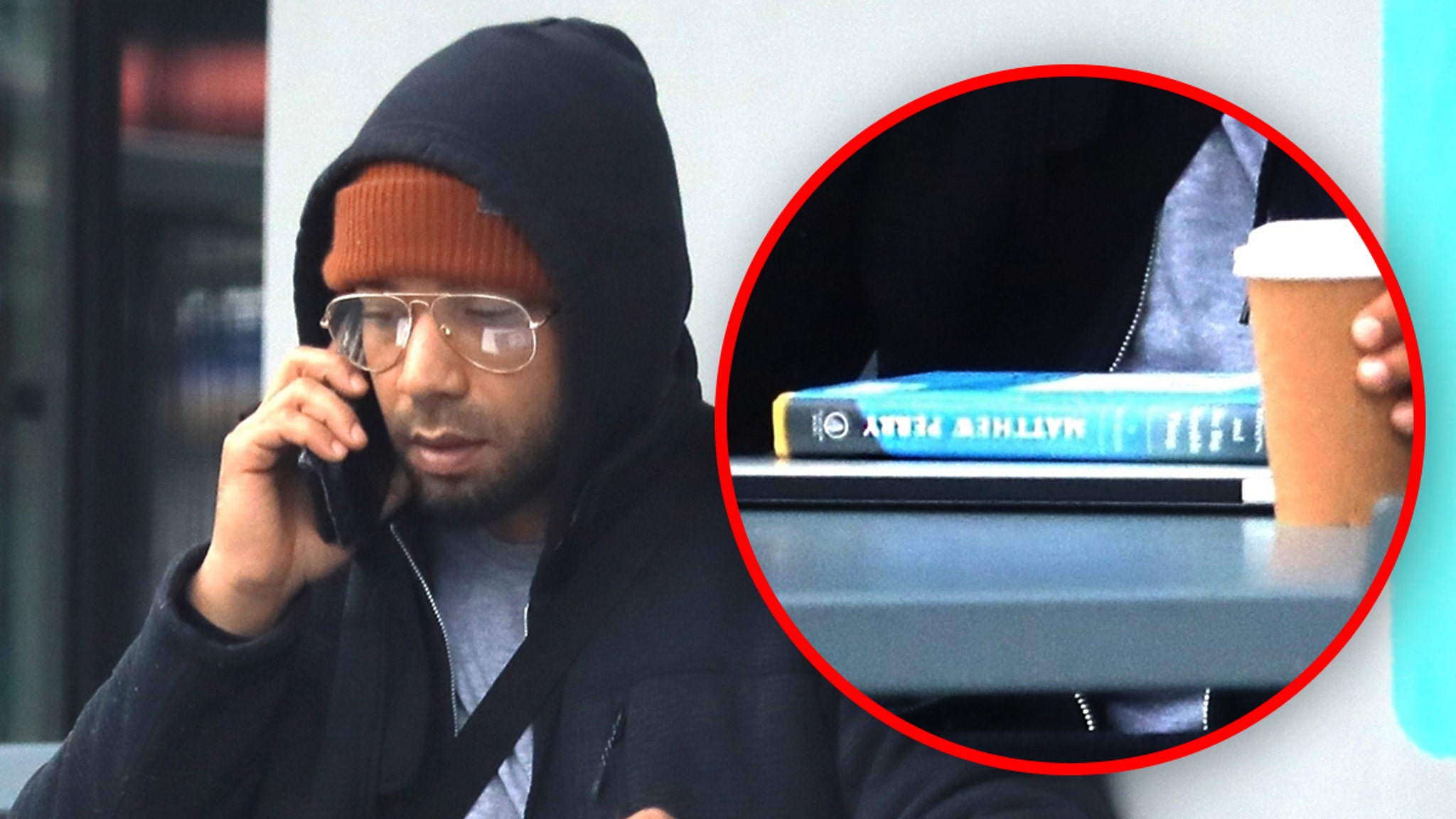
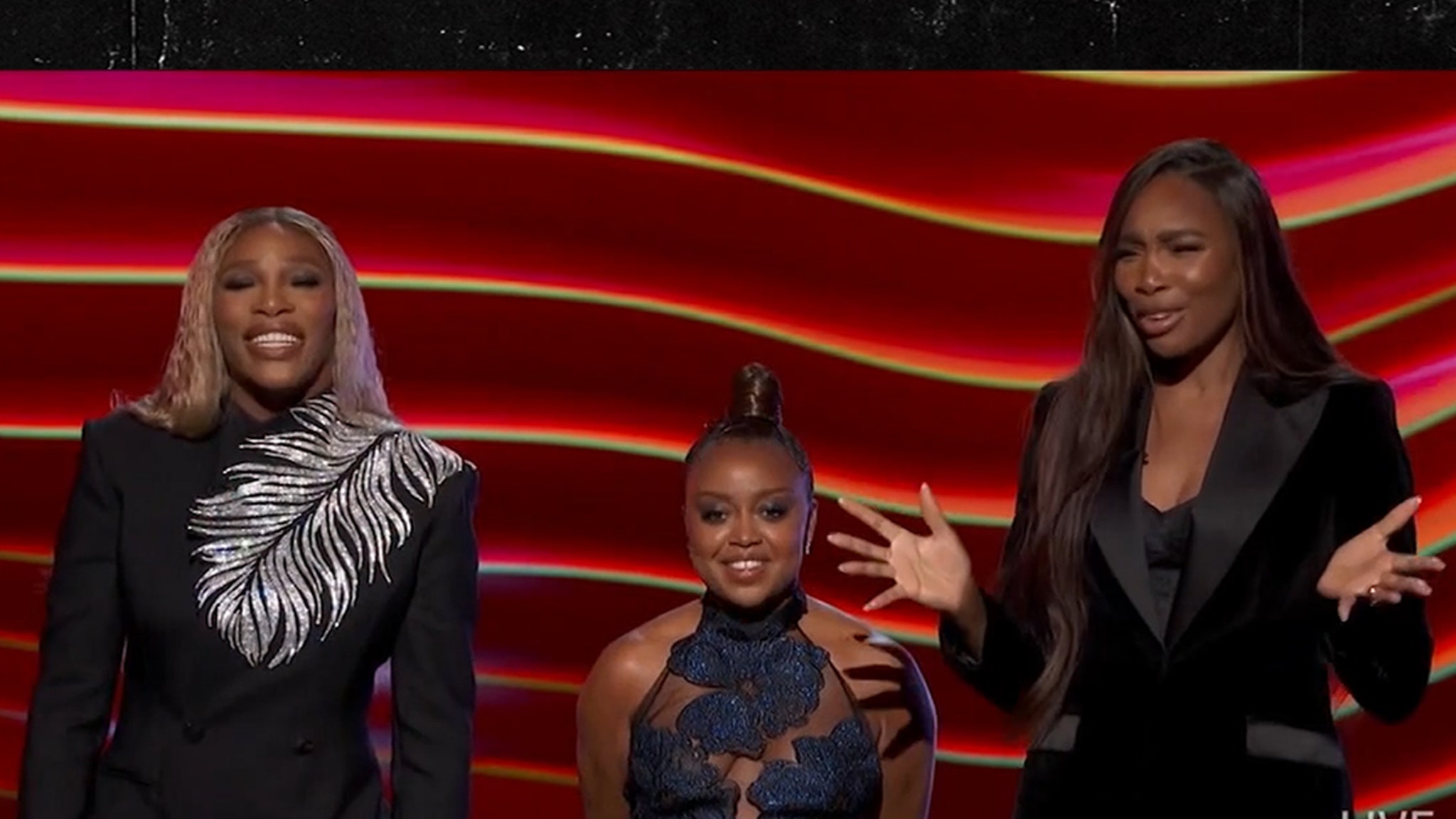
:quality(85):upscale()/2023/11/08/869/n/1922441/c5fb4f19654be707e8f092.85233387_.jpg)
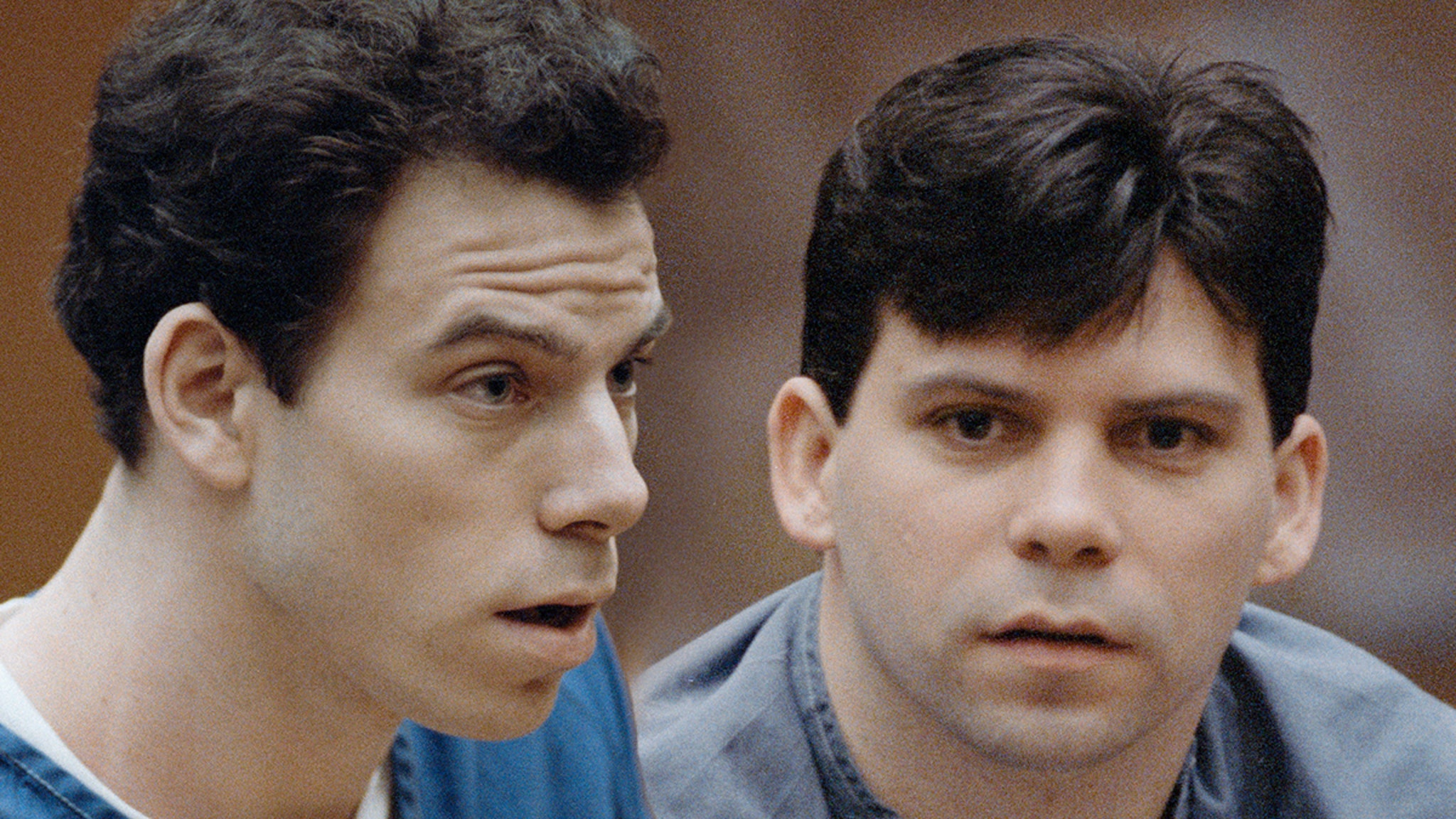
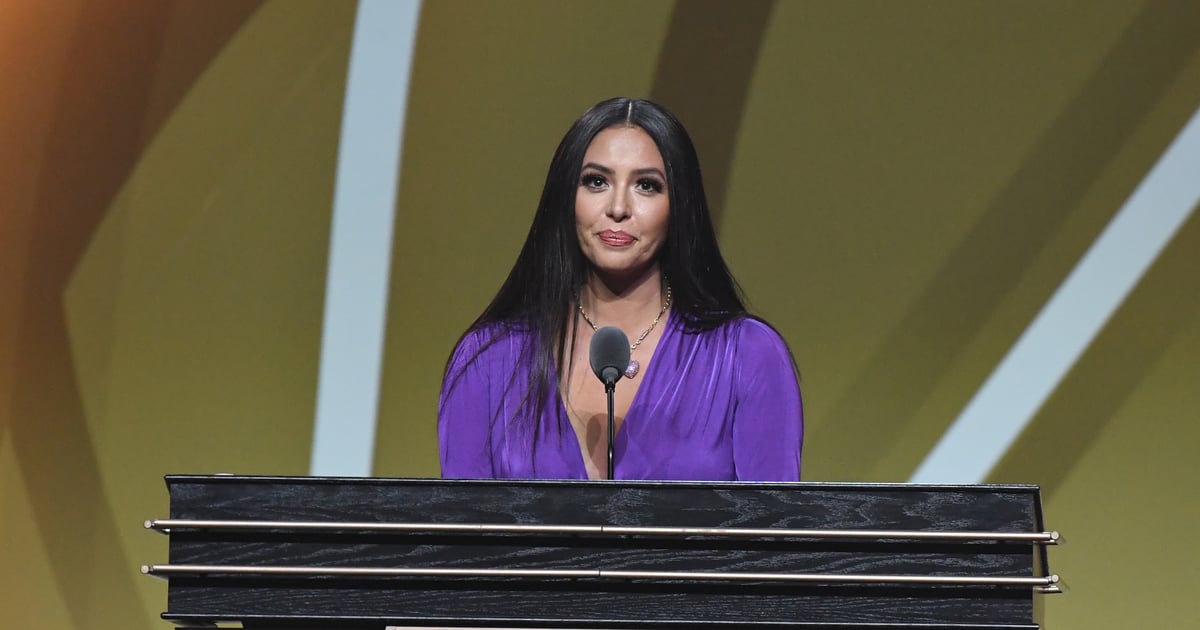










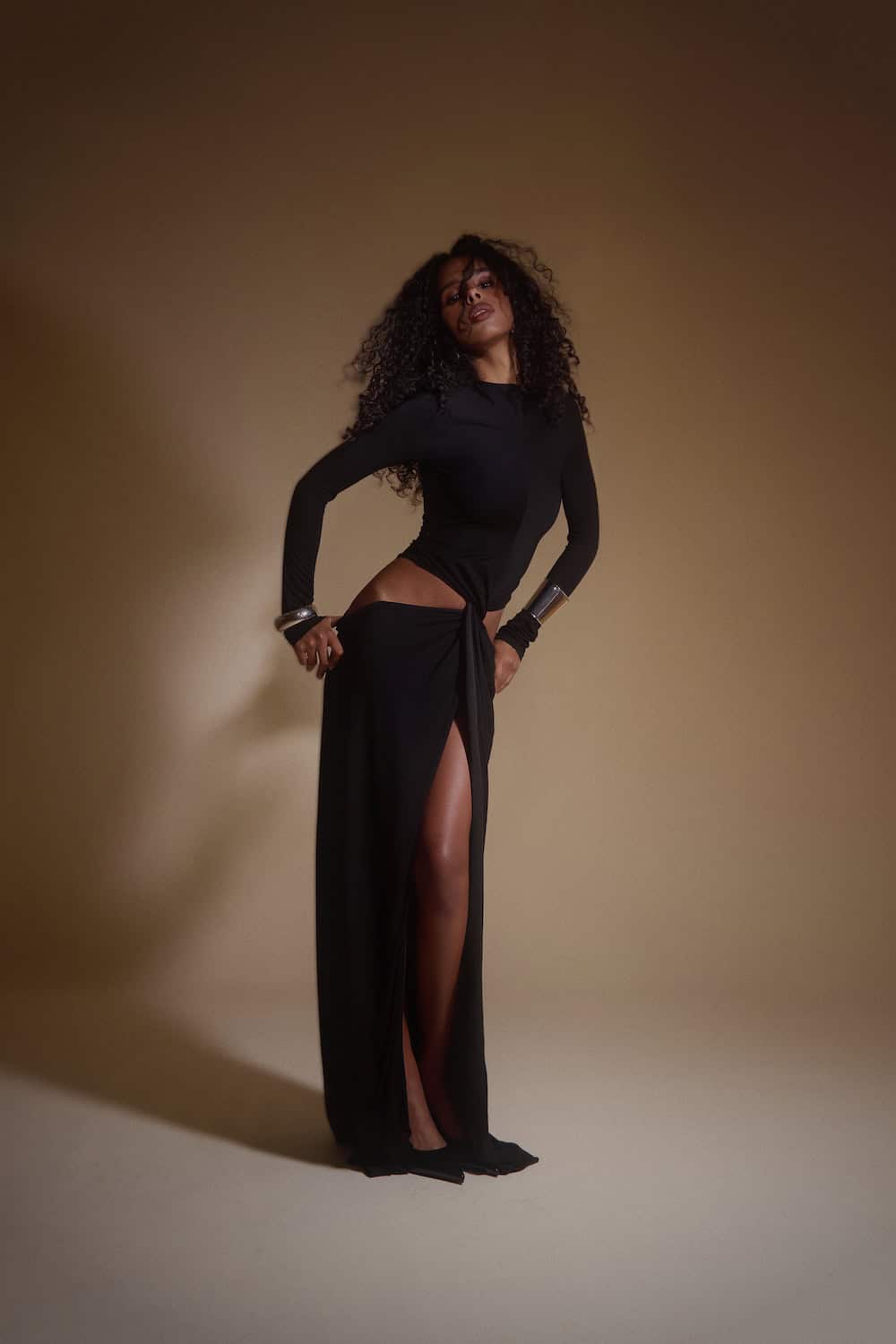
:quality(85):upscale()/2025/04/01/828/n/1922564/9432574867ec361a713285.06370027_.jpg)